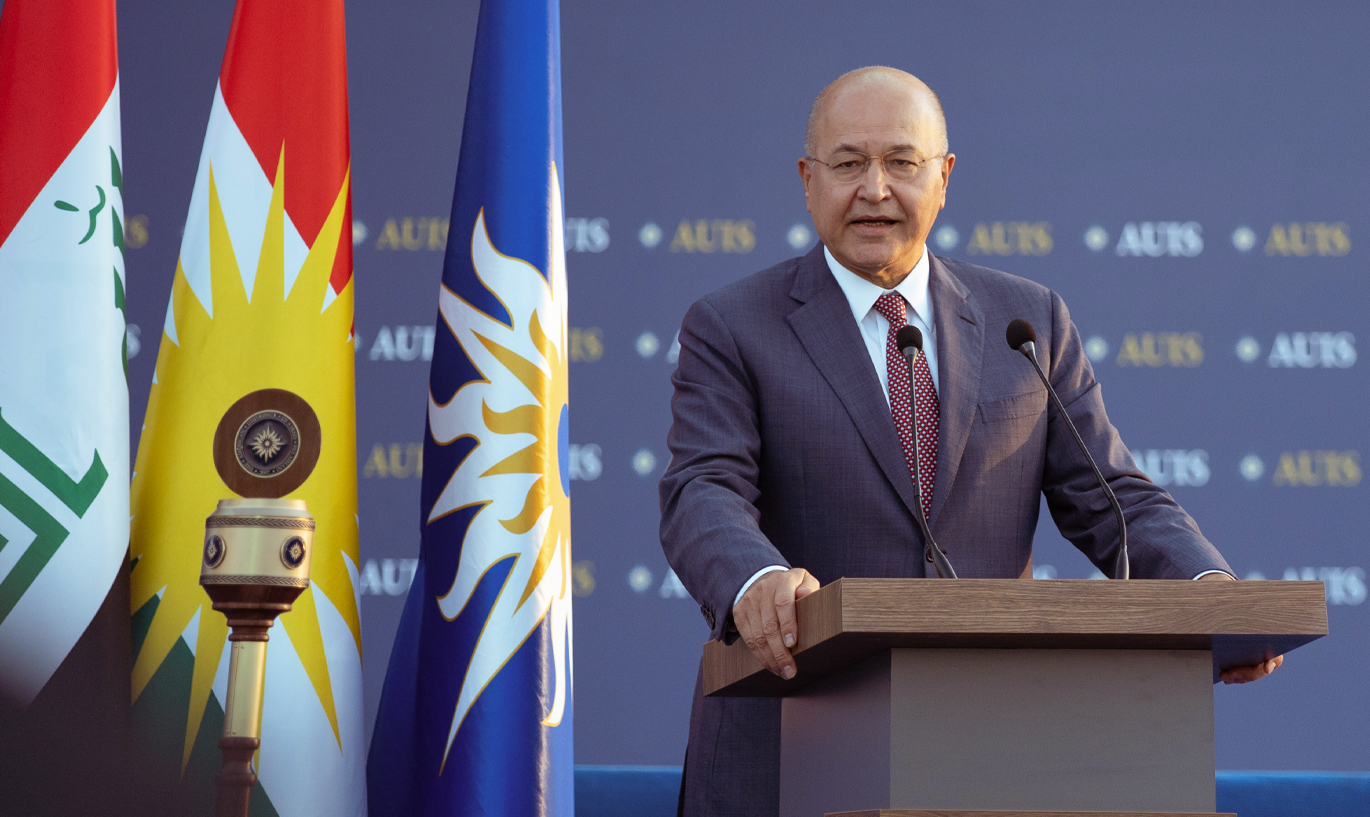A Message from the Founder

Dear Friends,
We all share a fundamental right to dignity and a life of quality. Good governance, the rule of law, and democracy are essential to creating a future of opportunity and prosperity for all. At the heart of this vision is education—empowering young people with the skills, leadership, and critical thinking needed to become responsible citizens and innovative leaders.
This is most true for our part of the world beset by decades of conflict, repression and corruption, and this inspired me to establish the first liberal arts university in Iraq and the Kurdistan region. What began as a dream—dismissed by many at the time as wishful thinking—has, over the past 17 years, grown into a beacon of hope. The American University of Iraq, Sulaimani (AUIS) now stands as the region’s preeminent center for academic excellence—a place of free thinking, open dialogue, and boundless creativity.
AUIS brings together students from diverse religious, ethnic, and geographic backgrounds—from Kurdistan, Iraq, and neighboring countries. Here, they prepare to thrive in a global economy, equipped with essential skills in information technology, management, and environmental stewardship.
Located in my hometown, Sulaimani—the cultural capital of Kurdistan—AUIS is independent, free from political influence, and governed by an autonomous board. It is not for the elite or the wealthy; AUIS welcomes students from all financial backgrounds, supported by our generous donors. As a non-profit institution, it is a trust dedicated to education and public service.
AUIS is proud to foster critical thinking and to empower future leaders. The vast majority of our graduates are successfully employed across private sectors, academia, government, and entrepreneurship—an inspiring testament to their potential and our mission.
I am deeply grateful to our Trustees and donors, whose support has helped bring AUIS’s vision to life. This has been a remarkable journey, and we dedicate it to our youth—for a brighter future.
Dr. Barham Salih



